Maharashtra Govt to provide free higher education for EWS, SEBC, and OBC girls
Wed 10 Jul 2024, 00:43:09
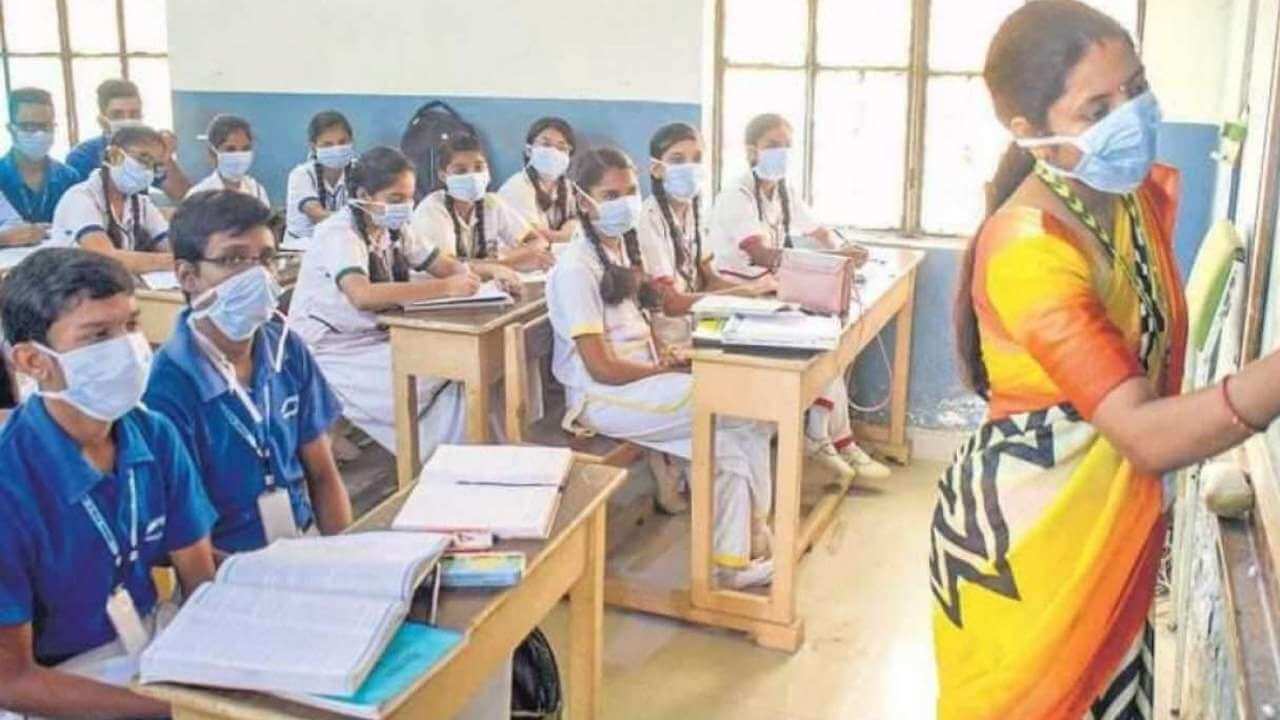
In a significant move, the Maharashtra government announced on Monday that higher education for girls belonging to the Economically Weaker Section (EWS), Socially and Economically Backward Classes (SEBC), and Other Backward Classes (OBC) will be made free.
This initiative, aimed at promoting women's education, was decided during a cabinet meeting chaired by Chief Minister Eknath Shinde. Additionally, tuition and exam fees for orphaned students of both genders will be waived, as per a government resolution (GR).
Starting from the 2024-25 academic year, the scheme is expected to cost Rs 906 crore. The GR specifies that female students applying to recognised vocational courses through the Centralised Admission Process in government, aided private, semi-aided private, and non-aided colleges, as well as polytechnics, autonomous government universities, and open universities, will benefit from this initiative.
The courses covered include those in higher and technical education, medicine, pharmacy, agriculture, animal husbandry, pisciculture, and dairy development.
However, students
from private autonomous universities or self-funded universities and those enroling through management and institutional quotas are not eligible for the scheme. The eligibility criteria require female students to come from families with an annual income of Rs 8 lakh or less and belong to EWS, SEBC, or OBC categories. Both new admissions and current students pursuing their degrees will benefit from this scheme.
from private autonomous universities or self-funded universities and those enroling through management and institutional quotas are not eligible for the scheme. The eligibility criteria require female students to come from families with an annual income of Rs 8 lakh or less and belong to EWS, SEBC, or OBC categories. Both new admissions and current students pursuing their degrees will benefit from this scheme.
In the state budget, Deputy Chief Minister Ajit Pawar introduced several other schemes, including the Mukhyamantri Annapoorna Yojana (offering three free gas cylinders to women), Mukhyamantri Yuva Karyaprashikshan Yojana, Mukhyamantri Krishi Pump Yojana, Mukhyamantri Majhi Ladki Bahin Yojana (providing a monthly allowance of Rs 1,500 to eligible women aged 21 to 60 years), and an overarching scheme for free education for women.
While the opposition has questioned the funding sources for these initiatives, suggesting they are targeted at wooing women voters before the state assembly polls, Chief Minister Shinde has emphasised that the schemes are backed by monetary provisions and are intended to be permanent.
No Comments For This Post, Be first to write a Comment.
Most viewed from Edu and Jobs
AIMIM News
Latest Urdu News
Most Viewed
May 26, 2020
Do you think Canada-India relations will improve under New PM Mark Carney?
Latest Videos View All
Like Us
Home
About Us
Advertise With Us
All Polls
Epaper Archives
Privacy Policy
Contact Us
Download Etemaad App
© 2025 Etemaad Daily News, All Rights Reserved.


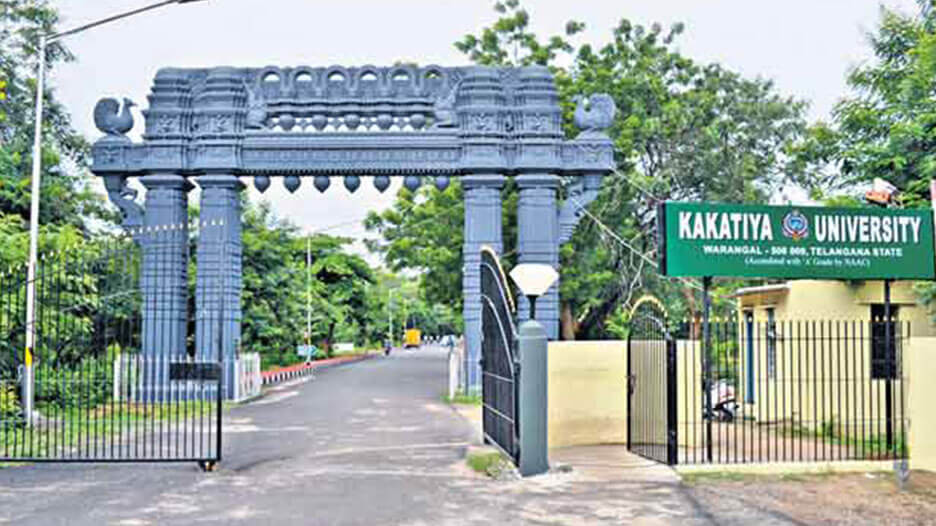
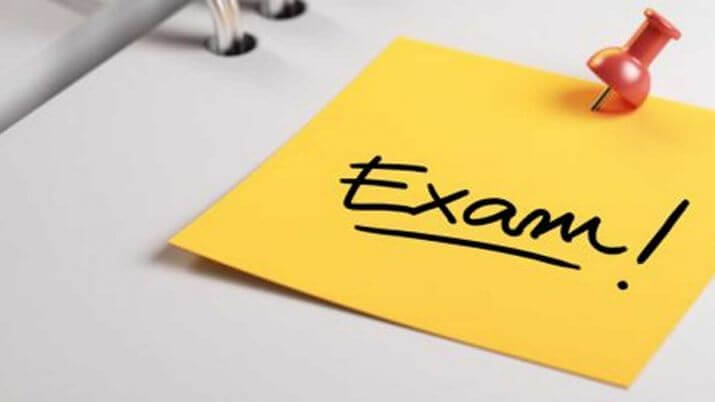


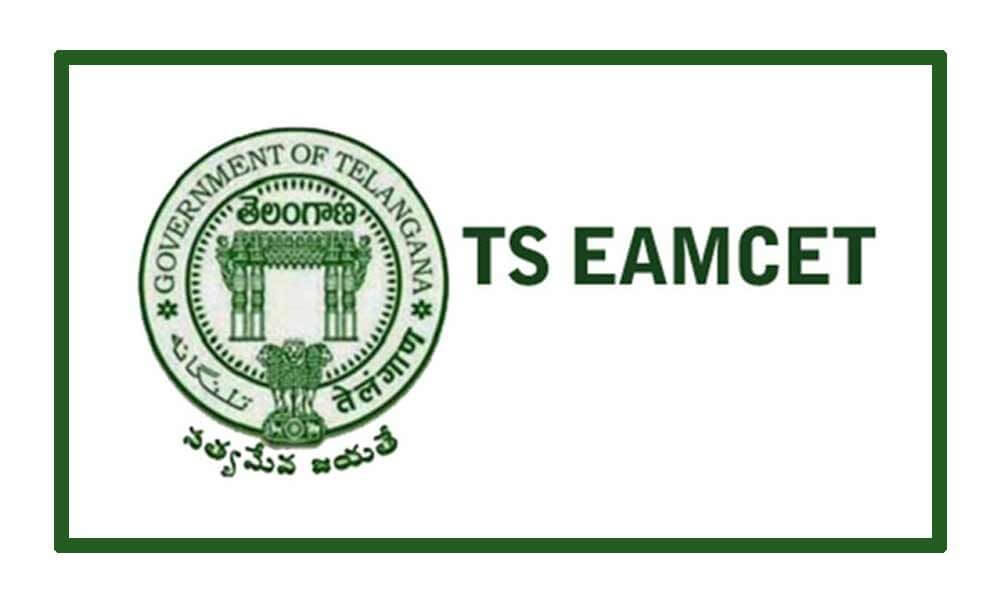

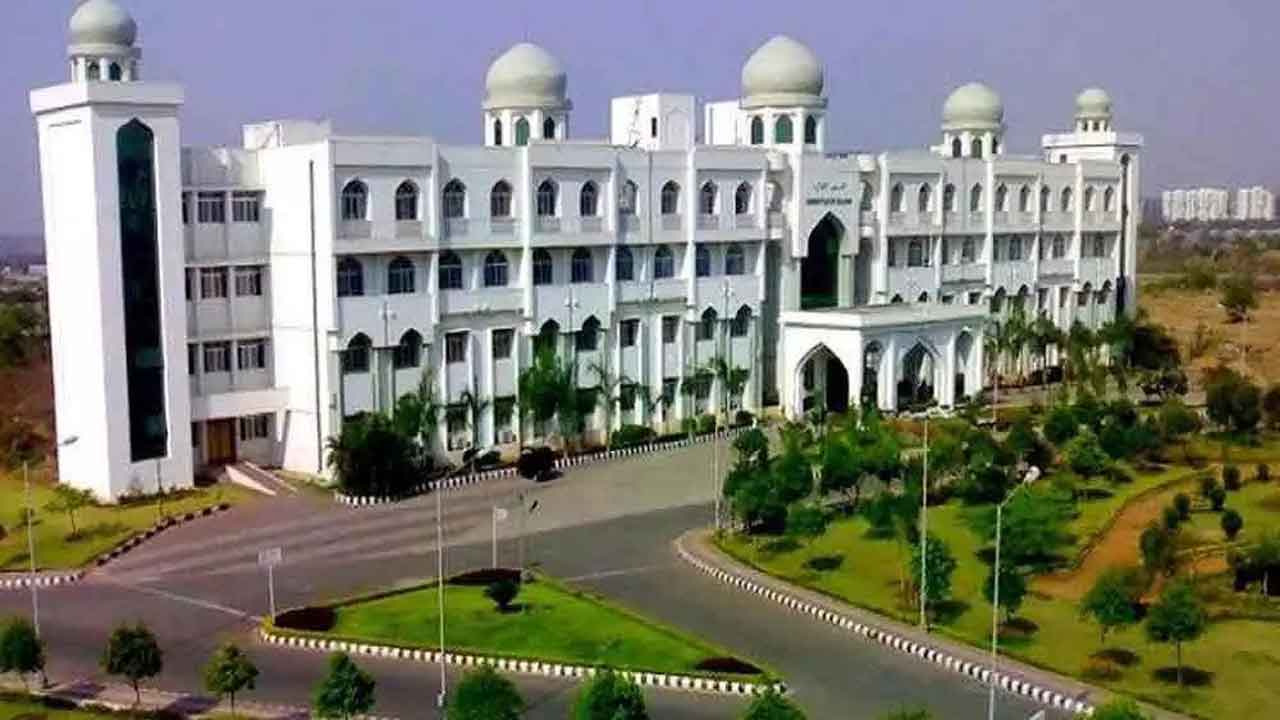
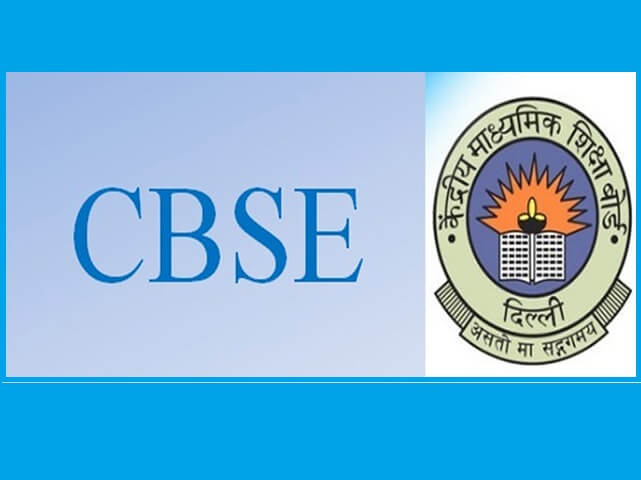

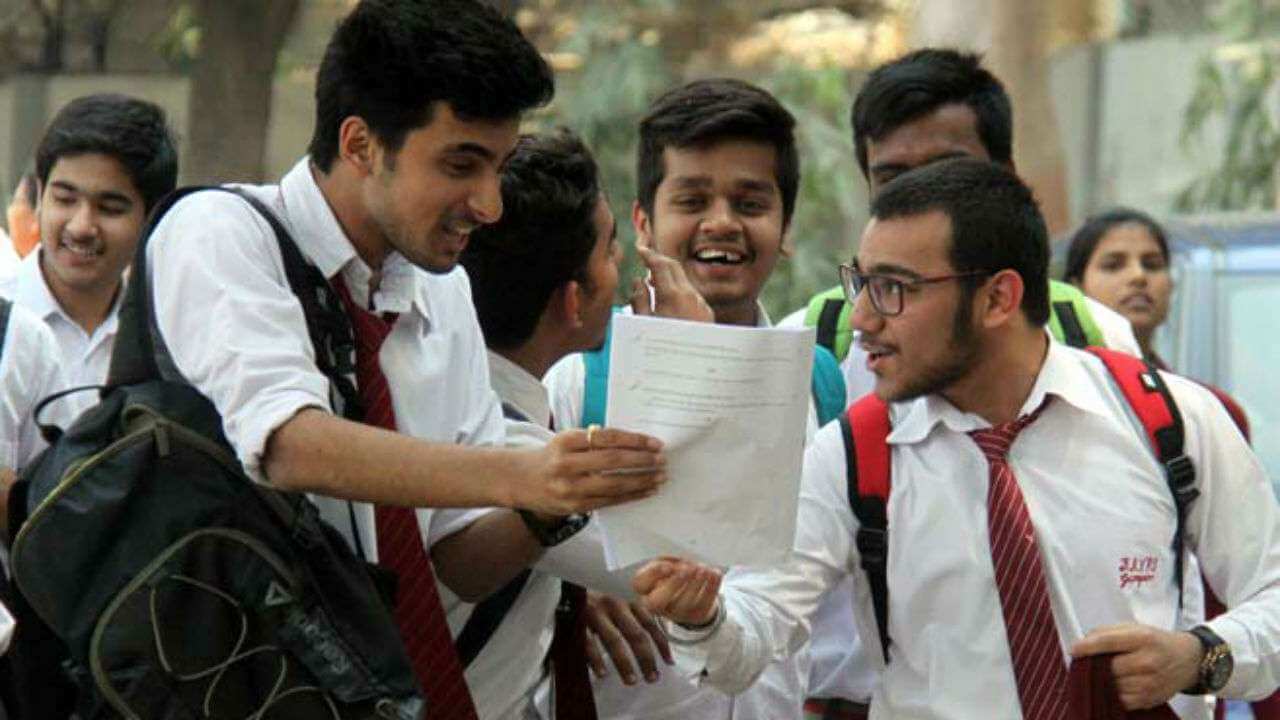
.jpg)

















